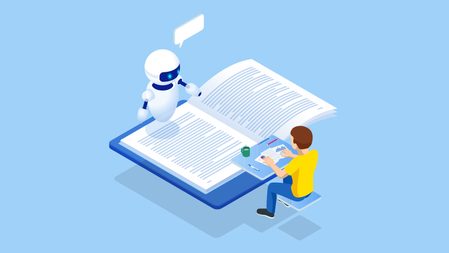MANILA, Philippines – At the Social Good Summit (SGS) on Saturday, October 19, an education expert emphasized the need for teachers in the Philippines to “redefine” their teaching methods to embrace Artificial Intelligence (AI) in education.
“I would think that AI is really the way to go. And the role of the teacher now have to be redefined and we have to bring it down to the junior high schools and the senior high schools,” said Save the Children CEO Alberto Muyot.
“I mean, AI is a good tool, but teachers should now look at themselves not only as the repository of knowledge as it was before, but rather the facilitator for critical thinking,” he added.
Muyot made this statement in response to a question during a panel discussion on the use of AI in education. He was joined by Department of Education (DepEd) Secretary Sonny Angara, also the keynote speaker for the 2024 SGS, and Ateneo professor Maria Mercedes Rodrigo.
The panel was moderated by Nobel Peace Prize laureate and Rappler CEO Maria Ressa.
Promoting critical thinking has been a goal of the Philippine education system, but its implementation faces challenges due to a curriculum that emphasizes memorization and lower-order thinking skills. Education experts have pointed to this issue as a key reason for the country’s poor performance in global education assessments. (READ: Why Filipino students performed poorly in global learning assessments)
Rodrigo also pointed out that AI should not be viewed as a threat as it also has “tremendous benefits” to people.
“I agree with the point that there might be this super reliance and that is a danger, and there should be guardrails. I agree with all of that. But I also try to be a little optimistic because I think there are also tremendous benefis,” she said.
Rodrigo cited the Gokongwei Brothers’ Foundation’s class builder project, where it helps teachers review and prepare for their lessons. According to the GBF website, the app integrates “what to teach” with “how and when to teach it” by providing targeted, bite-sized, just-in-time instruction for teachers. It also offers opportunities for professional growth through expert coaching and support.
Angara, for his part, emphasized that the responsible use of AI is not solely the responsibility of the DepEd. He noted that individual values influence how AI is used, and these values should also be nurtured at home.
“Your values will determine how you use the AI. You can use it for a lot of destructive purposes. That’s the role of the school, but it’s also the role of the family,” he said.
Harsh realities
The education secretary also said that improving the quality of education in the country requires a whole-of-nation approach, not just the responsibility of the DepEd.
In his keynote message, Angara highlighted some harsh realities in the education sector that are exacerbating the learning crisis.
For one, the country lacks some 165,000 classrooms. “In our furthest and farthest, we need to construct around 8,500 Last Mile Schools and electrify 2,000 schools. We need to ship hundreds of thousands of textbooks, laptops, and laboratory equipment, and much of this is delayed,” he added.
This raises the question: how can we address connectivity issues in schools, especially when thousands lack access to electricity?
“We’re spending our resources on construction of classrooms. We’re not just talking about budget here, but also time. This is time to align with DPWH [Department of Public Works and Highways] and Congress so we could move in lockstep with districts. This is time to coordinate with DOE [Department of Energy] so they could hand off our energized classrooms to electric cooperatives,” Angara said.
Despite this, Angara is optimistic that he’d be able to make significant changes during his term as DepEd chief. “The goal is for students, teachers, and parents to tell better stories,” he said.
“I only have three years in this role. You can only do so much with that time. Two decades in the legislature have also given me perspective. I’ve seen the lengths and limits of what agencies can do. But here’s the boring answer: Making the trains run on time is what the data tells us to do,” Angara said.
Experts, leaders and other stakeholders also discussed topics such as change-driven content creation, the continuing harms of Big Tech, protecting the integrity of elections as disinformation persists, and establishing livable and sustainable cities at SGS 2024. – Rappler.com
The Social Good Summit (SGS) is a gathering of citizens, innovators and thought leaders who are working together to achieve the sustainable development goals (SDGs) by 2030.

